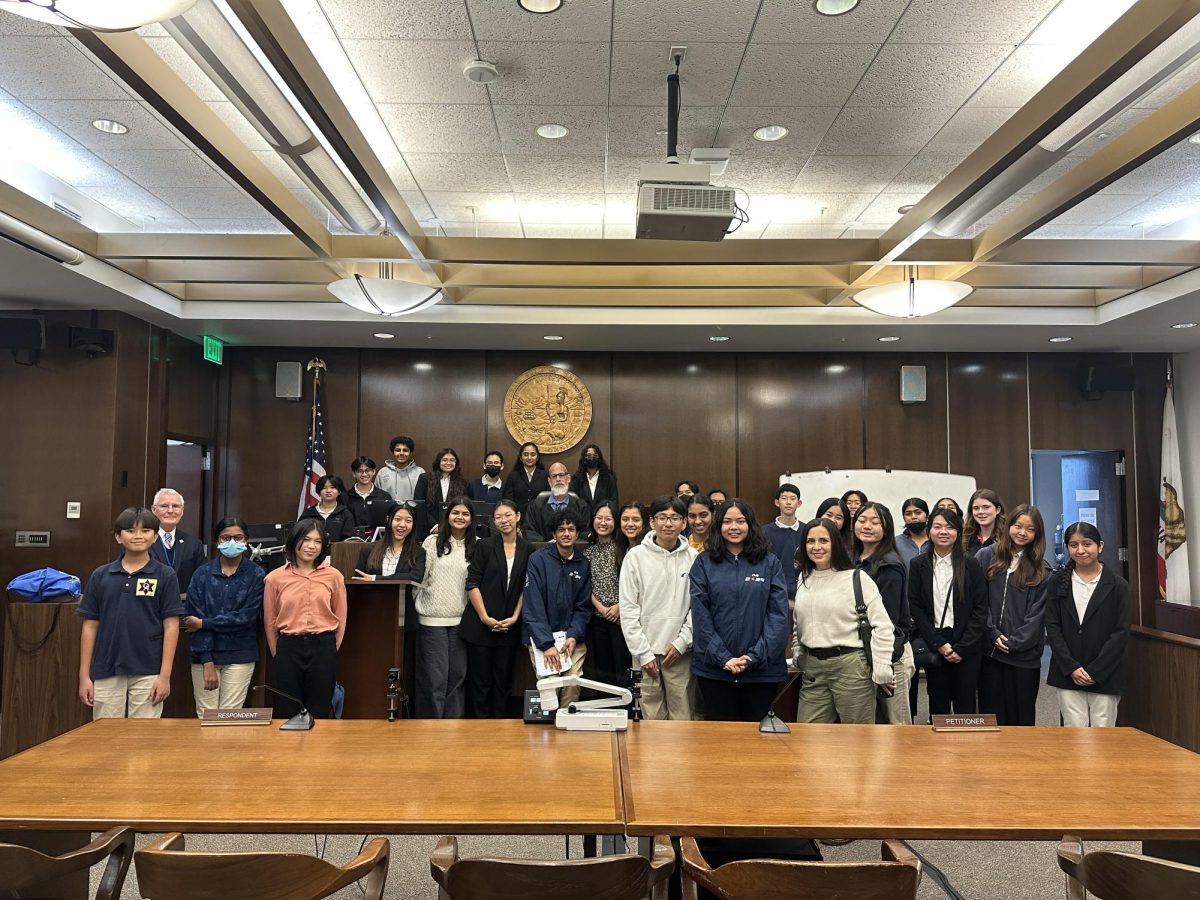A perfectly packaged present of mass discounts and shopping sprees, Black Friday has been a post-Thanksgiving tradition since the 1950s. However, in 2022, this holiday must deemphasize excessive spending to address its problematic foundation of consumerism.
Black Friday’s consumerist frenzy of mass-buying and thoughtless purchases incentivizes poor working conditions. Come Black Friday, retailers must prepare to work 24-hour shifts and deal with irritated customers, with most only receiving minimum wage. While some may enjoy Thanksgiving with their families, others don’t get this privilege, instead working in hectic environments.
Furthermore, the mass scale of products produced on Black Friday is only possible through the cheap labor of sweatshop workers across the globe. These facilities are laced with toxic chemicals used in coating textiles, and laborers often are paid below the cost of living. Perpetuating a cycle of poverty, workers are forced to labor in inhumane conditions, yet they can’t afford to stop working. Accounting for over 20% of yearly sales, the massive Black Friday demand only exacerbates these detriments, pushing more responsibility onto these workers.
To make matters worse, the purchases made during Black Friday often go to waste. Research by Dr. Phil Purnell and Dr. Anne Velentruf from the University of Leeds reveals that 80% of purchases made during Black Friday end up in the landfill after a few uses. Not only does this waste money, resources, and the effort put in by laborers, but it also harms the environment in the form of waste. According to activesustainability.com, 15 million metric tons of greenhouse gas are emitted from transportation emissions alone during Black Friday.
Due to these harmful practices, Black Friday maximizes profit for many businesses. Companies use this day to clear out old stock before Christmas, gaining 13% of annual revenue from holiday sales. However, businesses do not actually need to deliver steep discounts to make adequate profit. Rather, as a SaleCycle survey explains, it’s customers who expect generous sales. To ensure that companies attain revenue, they apply discounts to encourage more purchases, making up for the lost costs of marking down products, while meeting customer expectations. Companies can still fulfill their fiscal year requirements without insisting that customers buy much of their supply, as long as people stop anticipating generous deals.
A consumerist mindset promotes materialism ‒ the idea that more is better ‒ which may increase feelings of depression, anxiety, and isolation, according to Dr. David G. Myers from Hope College. Black Friday instills the idea that the quantity of one’s purchases determines satisfaction. To ensure customer loyalty, companies reward consumers with coupons, member points, and even free items. People are convinced to buy more, thinking that acquiring more goods will increase happiness.
Instead, it leads to disappointment: customers are stuck on a hedonic treadmill; buying produces brief bursts of happiness, but they soon revert to initial satisfaction levels. Shopping can’t offer people personal fulfillment, yet they continue to buy. People feel like they never have enough to live a happy life when in reality, the cause of their dejectedness is not appreciating what they already have.
This Black Friday, don’t fall into the trap of consumerism. Buy what’s necessary, and spend the remaining time with loved ones. Social and environmental prosperity is worth more than a price tag.































































